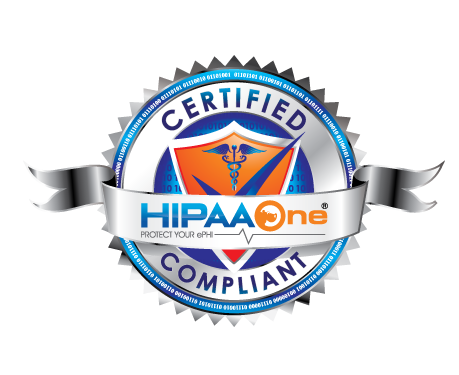
Overview
PROs
Patient-reported outcomes (PROs) are a critical way to assess the ongoing state of patient health, from general health and well-being to managing chronic health conditions or illnesses.
With the shift in our industry to value-based care, more emphasis is being placed on patient-reported measures as well as clinical outcomes and cost-reduction methods. In cases of illnesses and chronic conditions, patient engagement helps improve adherence to treatment and spot the need for intervention earlier.
Value-based care encourages healthcare providers to connect with patients along all points of the care spectrum to improve health and reduce costs. And the better the PRO reporting, the higher the reimbursement to providers.
However, PRO reporting is a challenge. Patients don’t like waiting around to complete forms after their office visits. Many don’t or can’t use a computer. In-office paper and electronic forms are a burden on patients and clinicians. Phone calls go unanswered. And only 20 percent of emails are opened.
That’s where DTX comes in.

The
ePRO Connection
Advances in technology have significantly increased electronic PRO (ePRO) data collection capabilities and options in clinical trials. The movement from paper-based to ePRO data capture has enhanced the integrity and accuracy of clinical trial data.
As providers ourselves, we at DTX realized that although ePRO systems are increasingly being used in non-clinical trial settings, a reliable way to find out how the patients were doing after surgery was needed.
All ePRO systems are not created equal.
Although ePRO systems are a critical component in patient-reported outcomes (PROs), patients have definite likes and dislikes. Most patients want to leave the office as quickly as possible and won’t wait around to complete any forms; they do not respond to email; they do not like apps; and forget about them using a tablet or computer.
DTX is one of the first medical data products that can obtain PROs in an automated process and is easy for both patients and providers to use.
For patients to respond in a timely and consistent manner, we also knew the application needed to be somehow based on text/SMS messaging since nearly everyone has the capability to receive and send text messages.
That’s why we deliberately designed DTX as a text-based Software-as-a-Service (SaaS) platform that is web-based so there is no need to download or implement an app.

Value-Based Payments

Quality of Care Counts
Health insurers are shifting more than half their reimbursements to value-based models that pay doctors based on the quality of care delivered and the health outcomes of their patients.

Changing Reimbursement
More reimbursement to providers is coming via bundled payments, accountable care organizations (ACOs), patient-centered medical home models and pay-for-performance contracts.

More On The Way
Health insurance companies are promising an even greater push to value-based models. UnitedHealth Group, for example, reported earlier this year that nearly 60% of their annual medical spending is value-based.

With No End In Sight
Likewise, Aetna and CVS Health have promised more value-based reimbursement models once their merger is completed. [Bruce Jaspen, “More Doctor Pay Tied to Outcome & Satisfaction”, Forbes 06/18/18]
Chronic Disease

Devastating Statistics
Chronic diseases are prevalent, affecting roughly 120 million Americans, and take a large toll on public health. The Centers for Disease Control and Prevention estimate that chronic diseases account for 70% of U.S. deaths and 75% of U.S. healthcare spending.

Medicare Connection
Over half of Americans with chronic diseases have two or more chronic diseases. People with two or more chronic diseases qualify for Chronic Disease Management (CDM), and these patients must be on Medicare.

Reimbursement for CDM
Providers must log at least 20 minutes of care services per month (outside of other billable services). After meeting the billing criteria, you can receive monthly reimbursements via various CCM codes at approximately $43 per month per patient.

